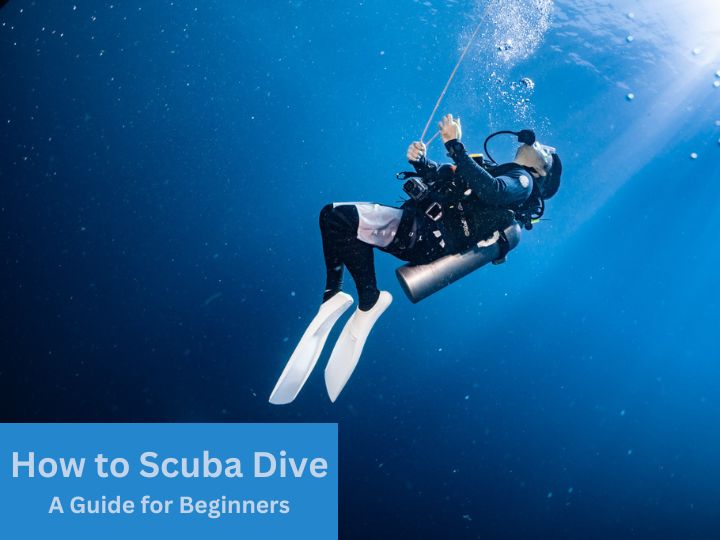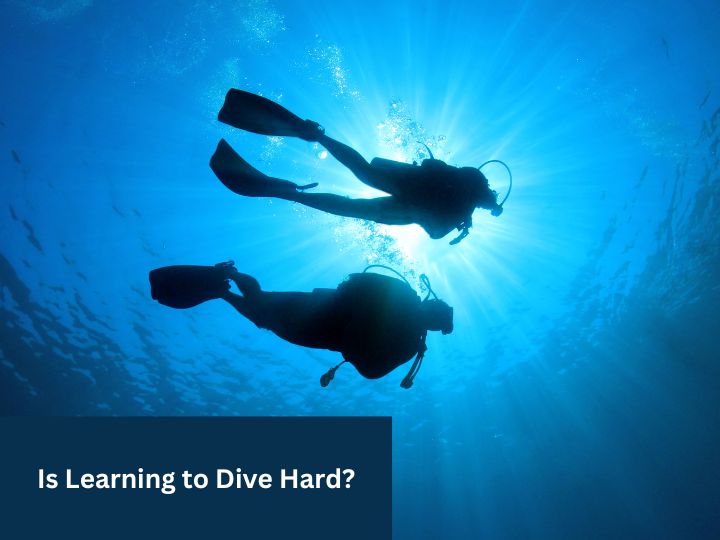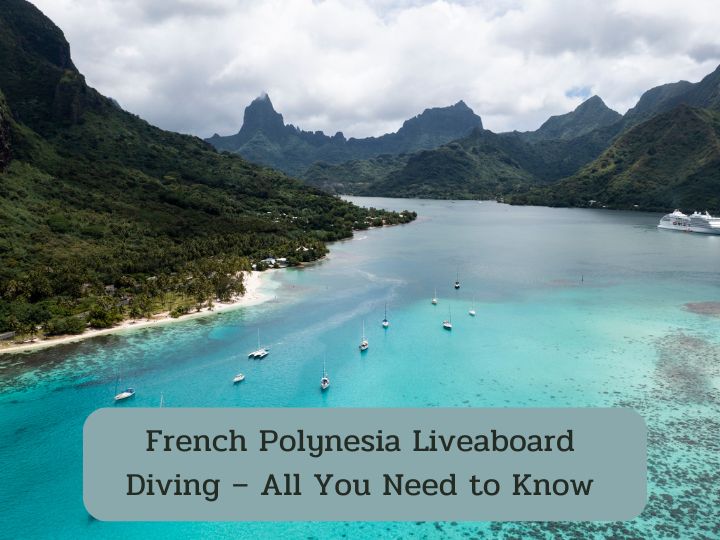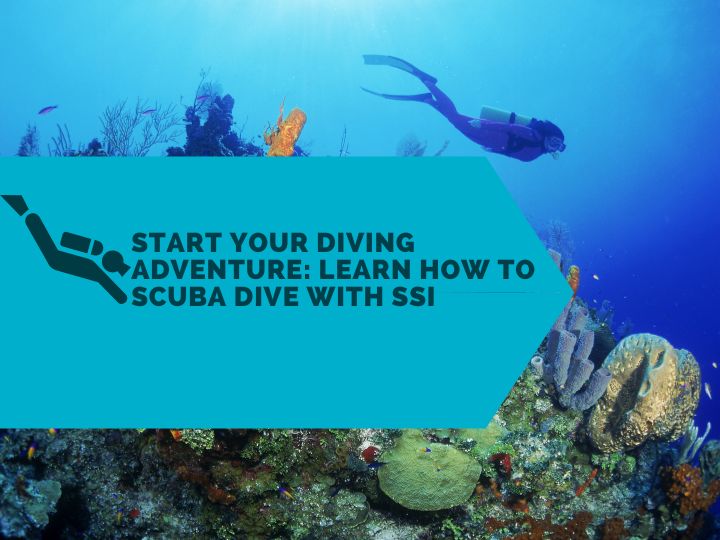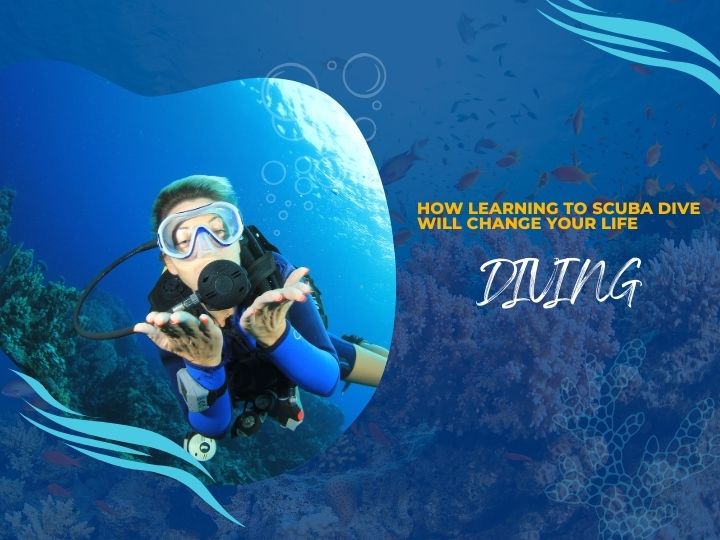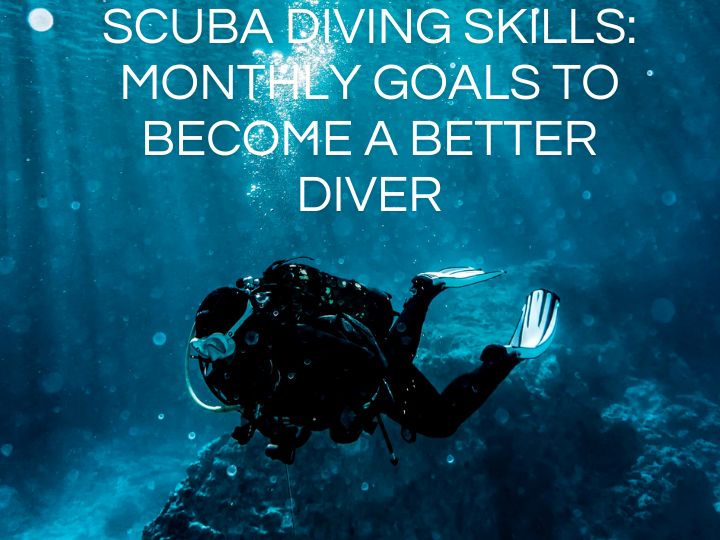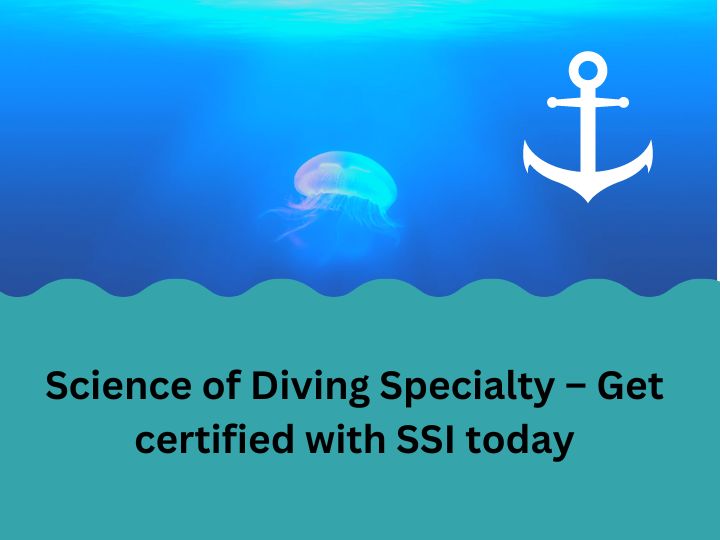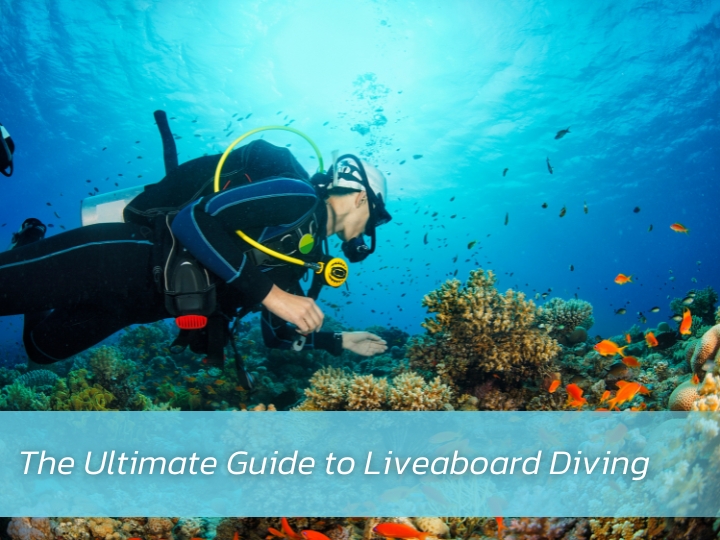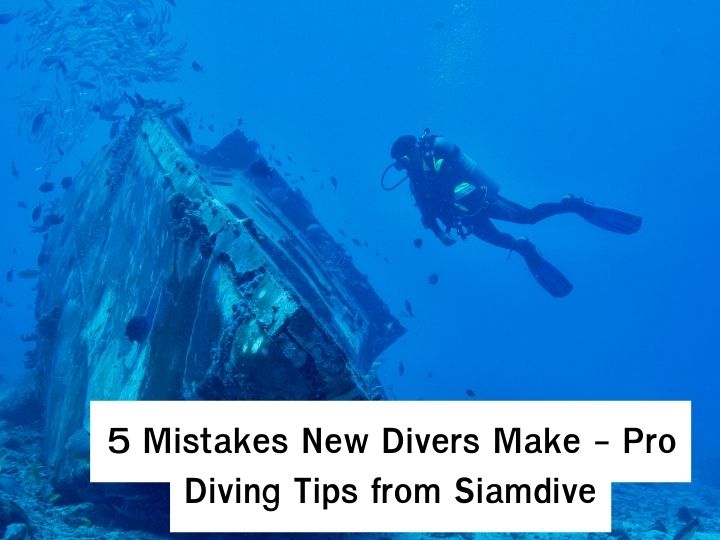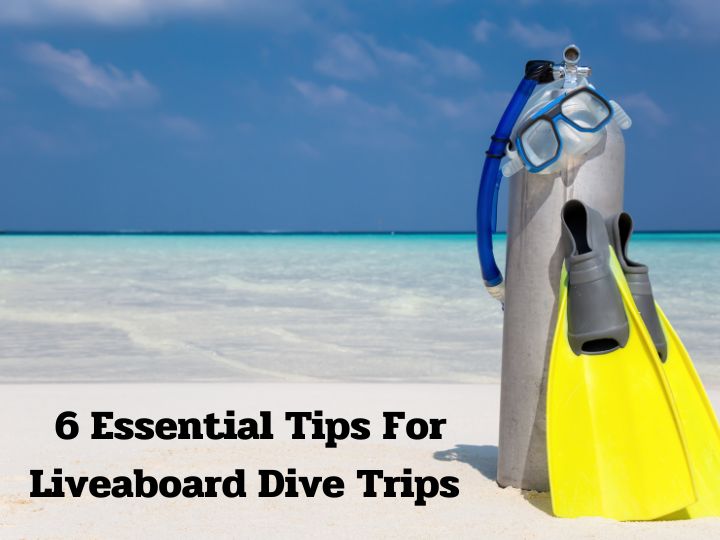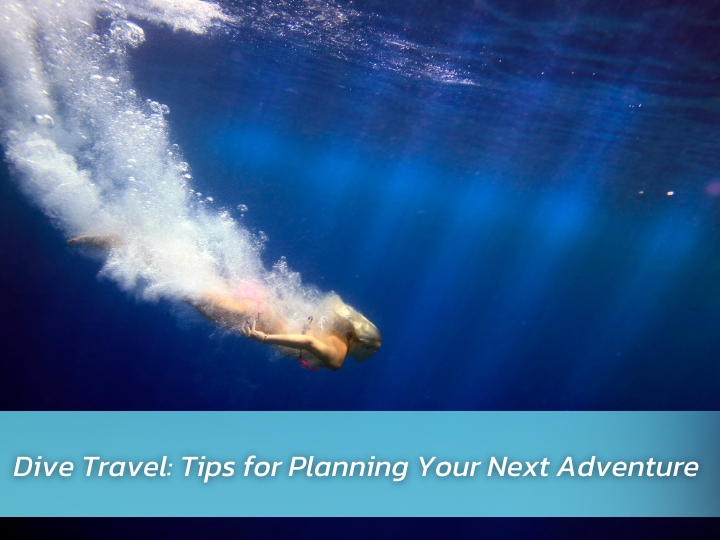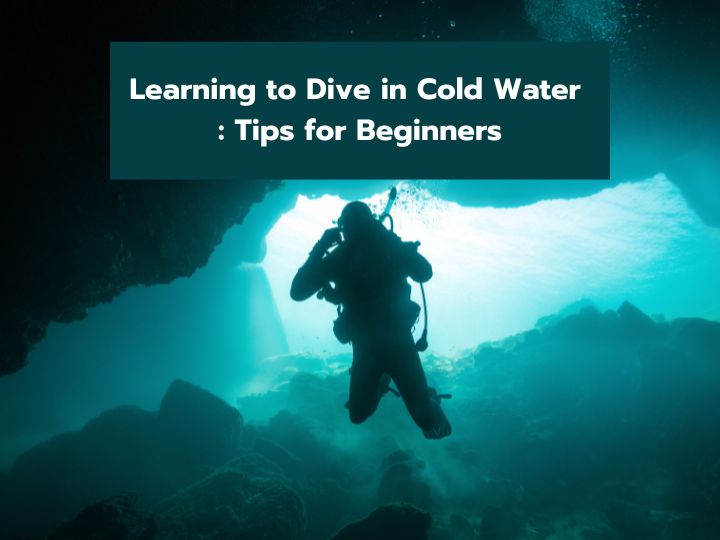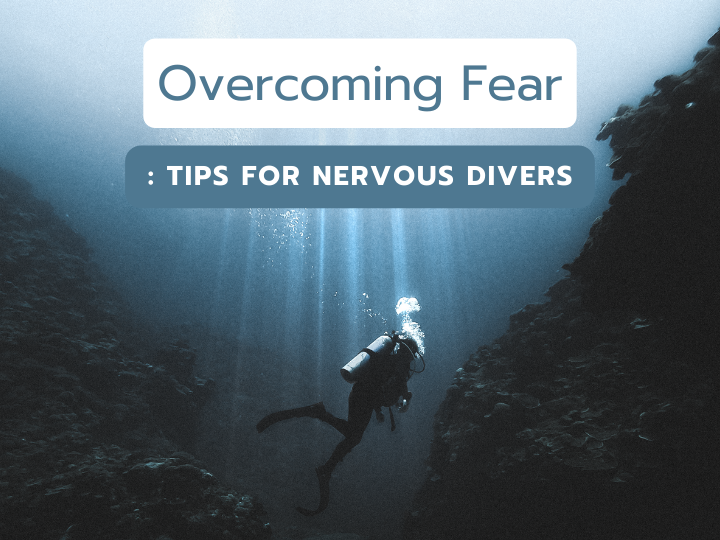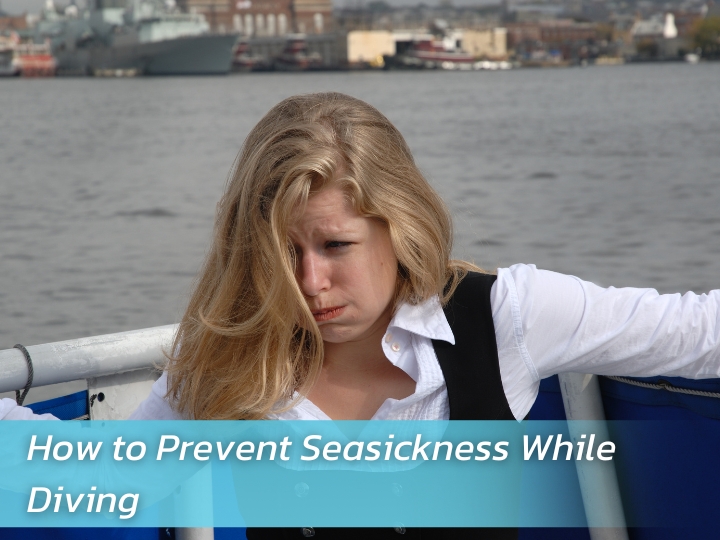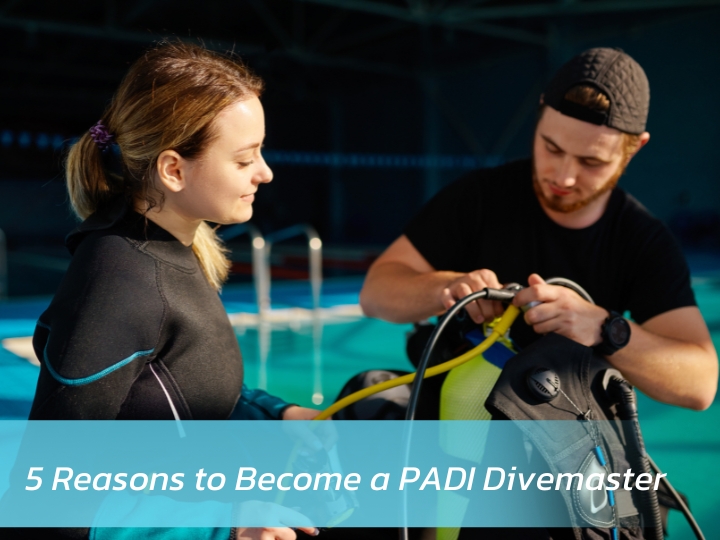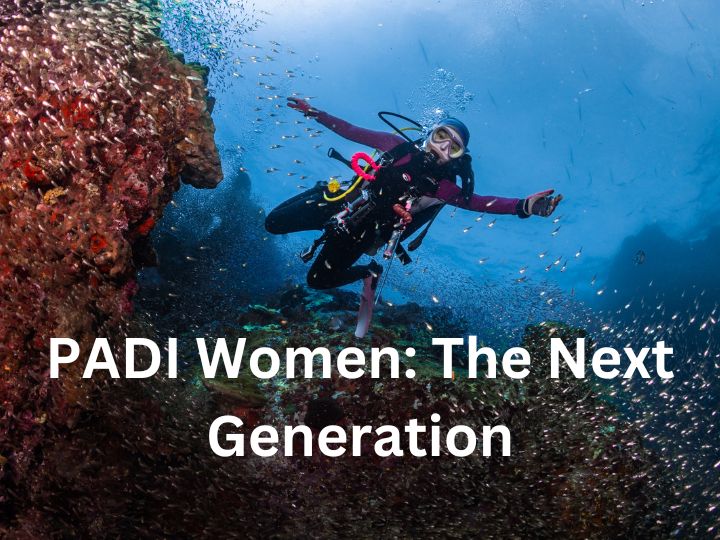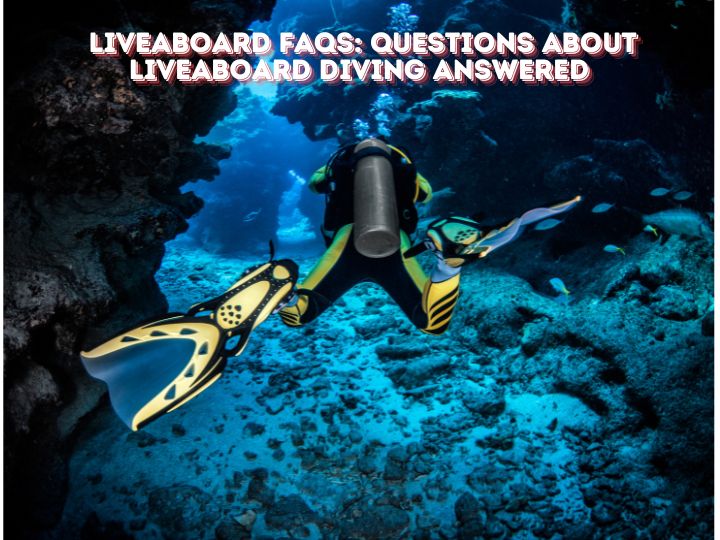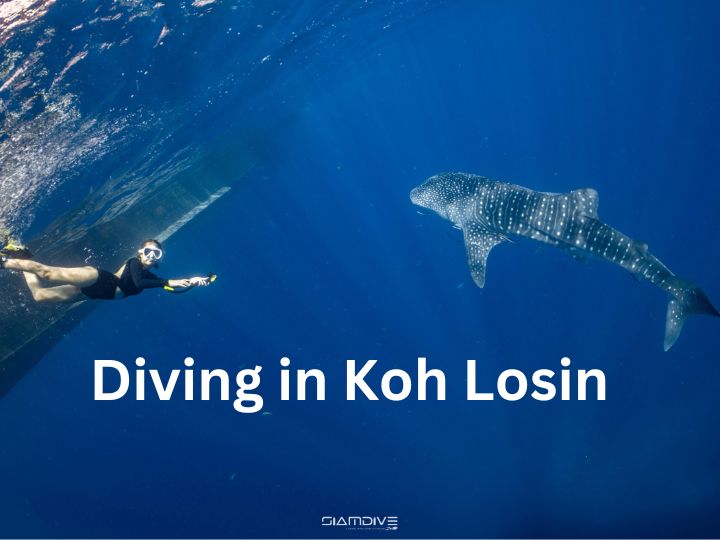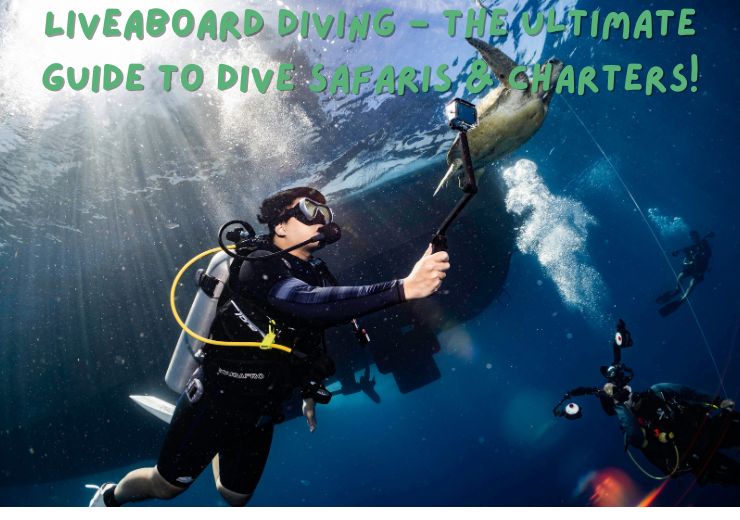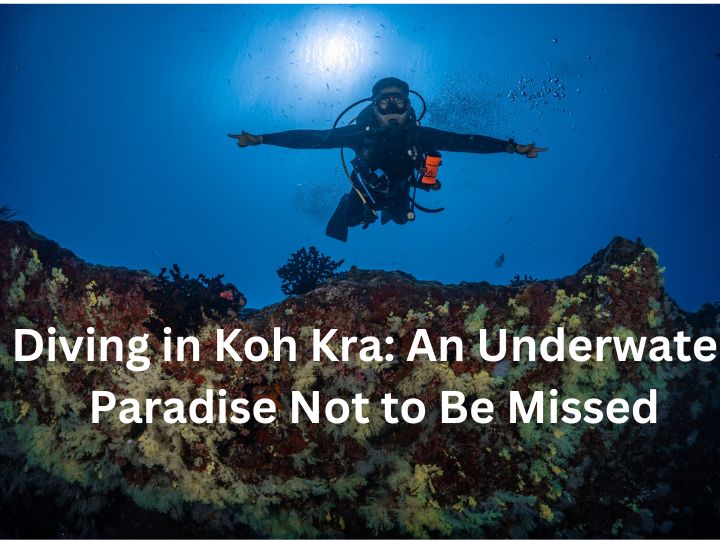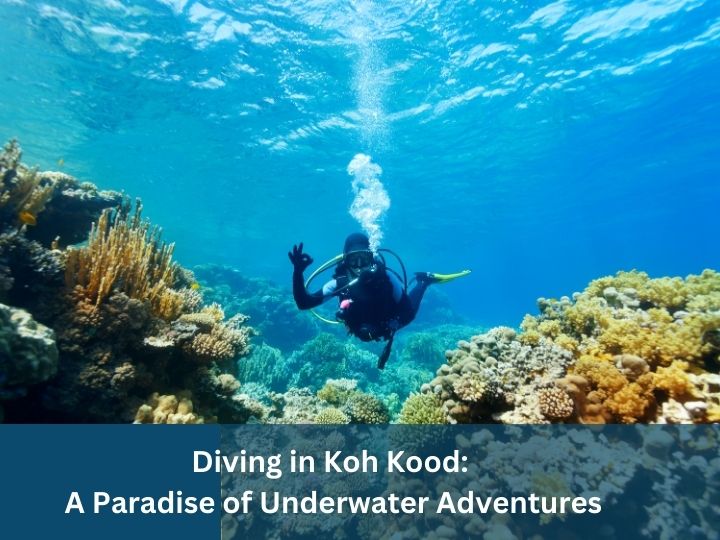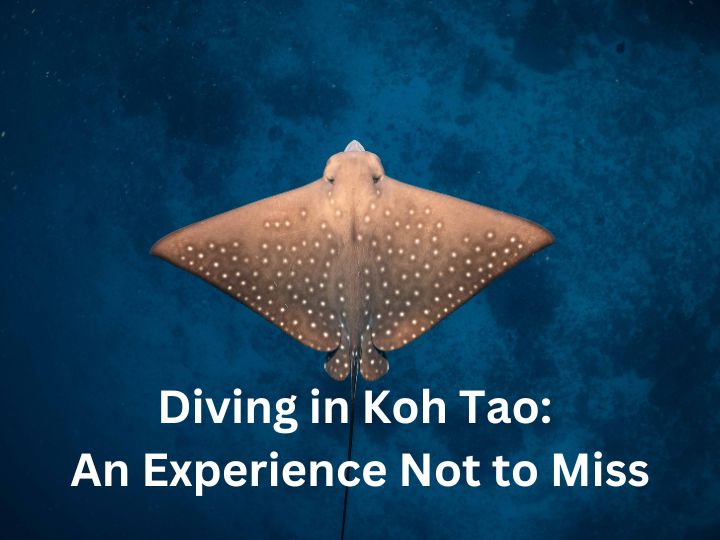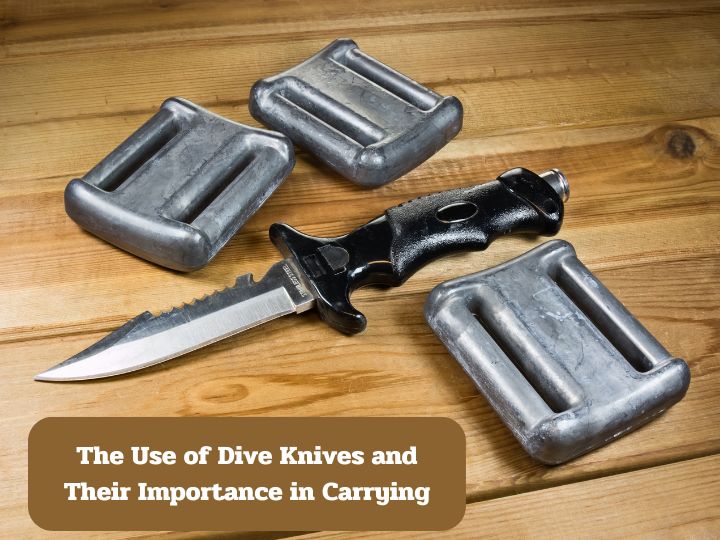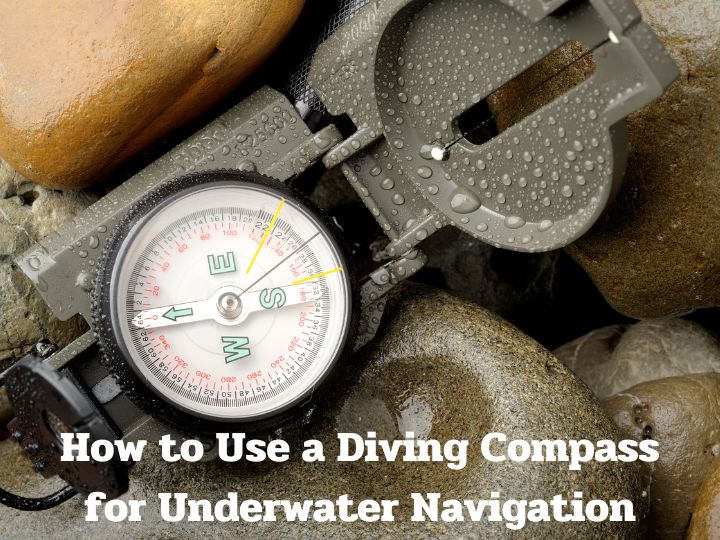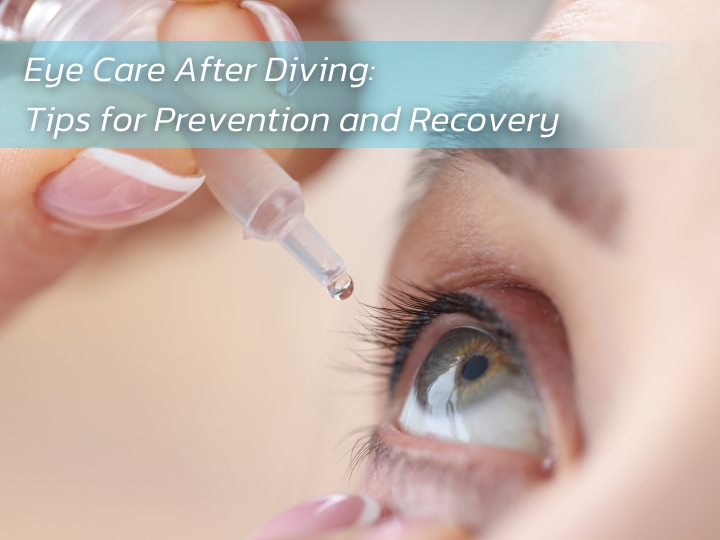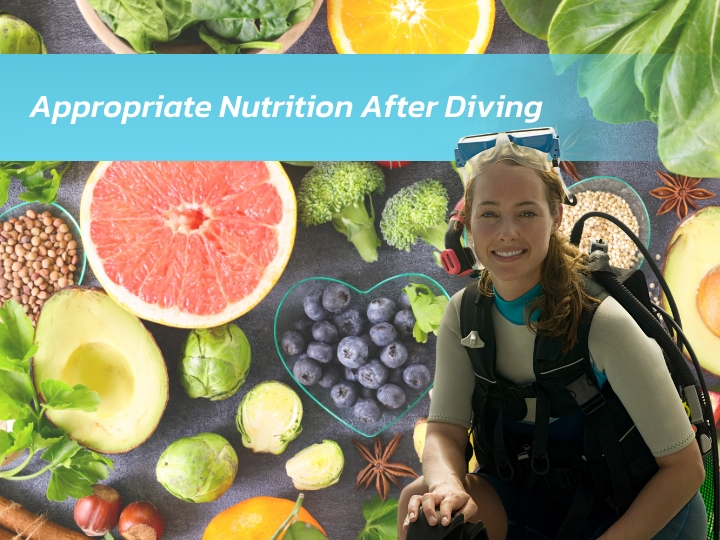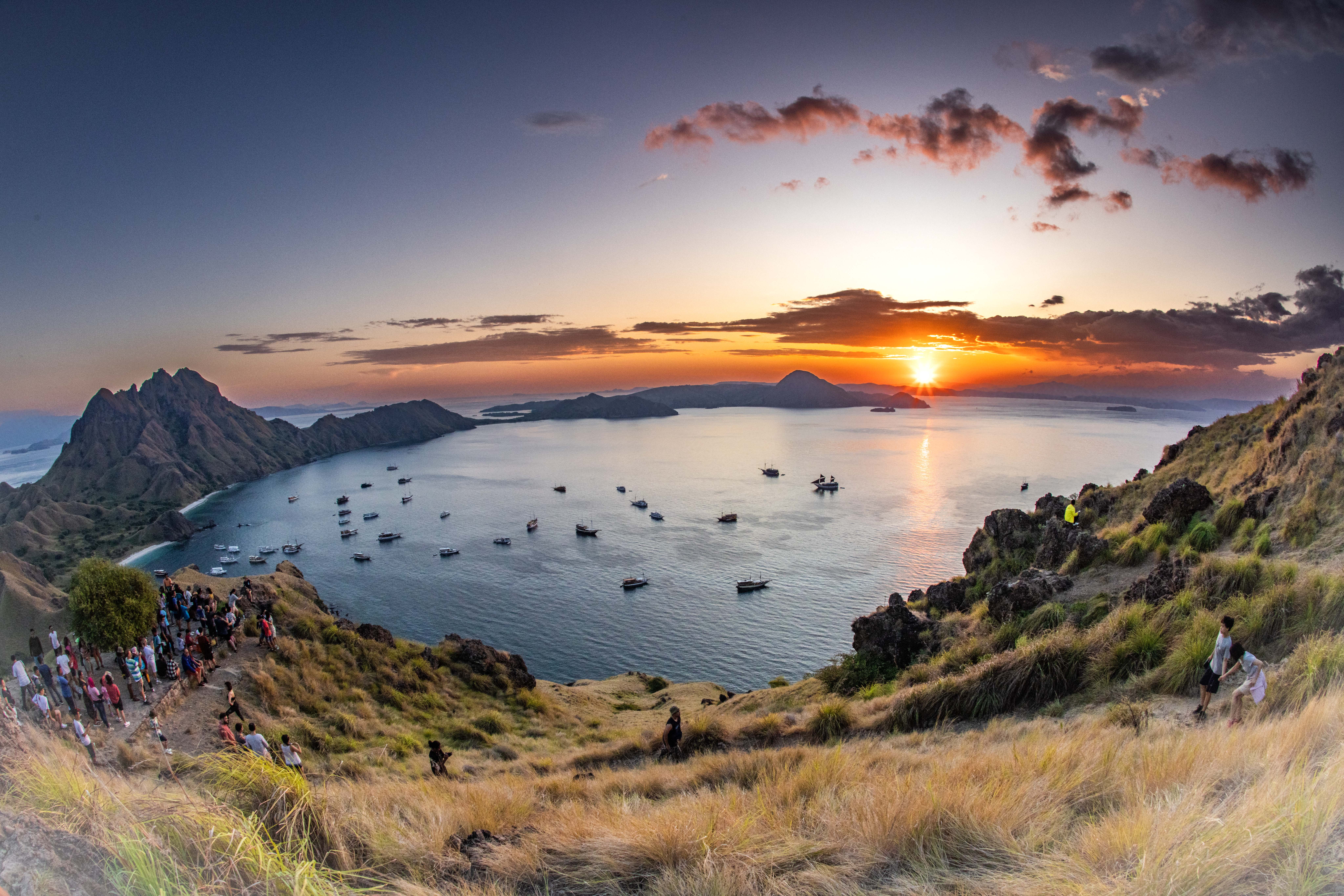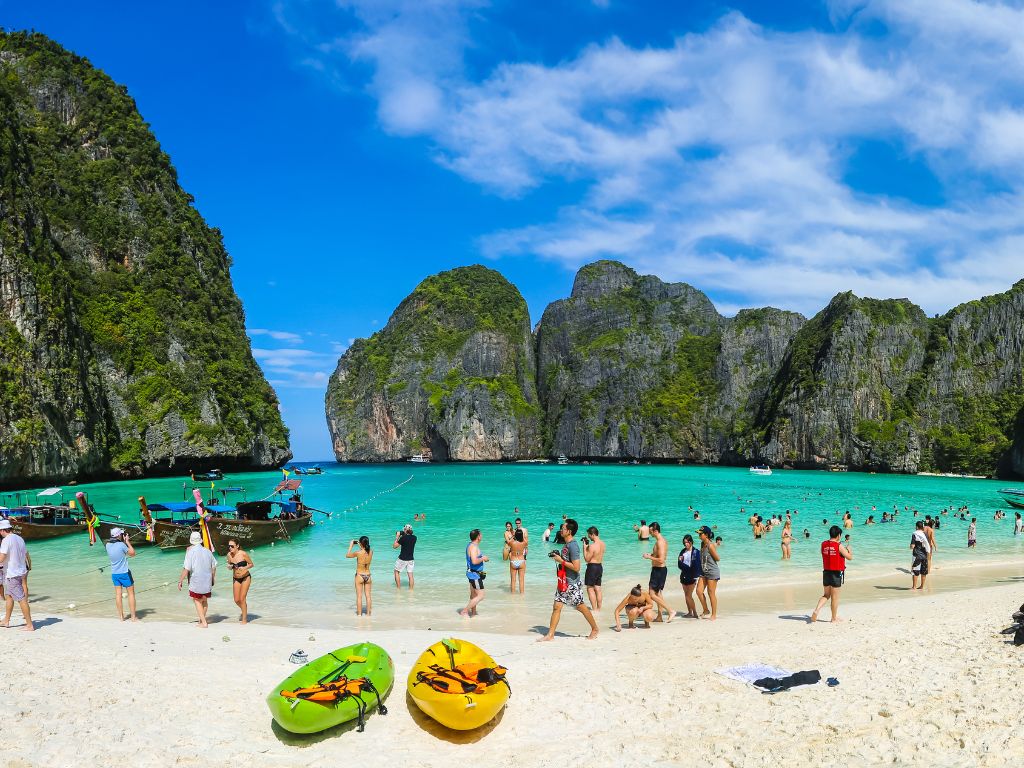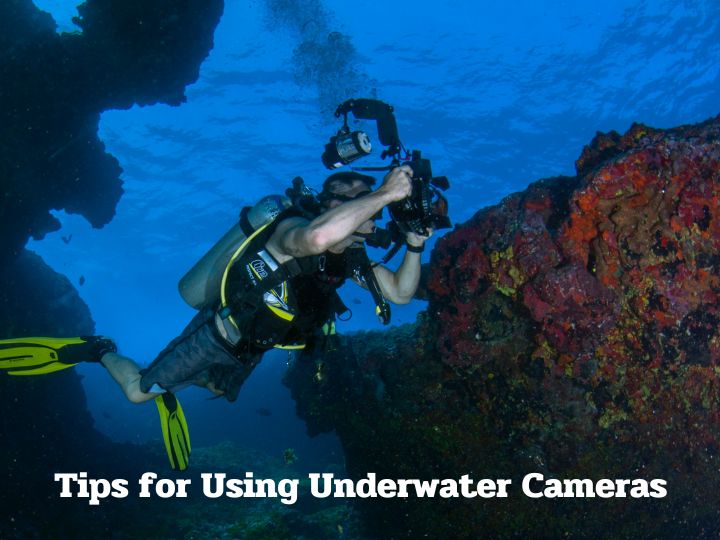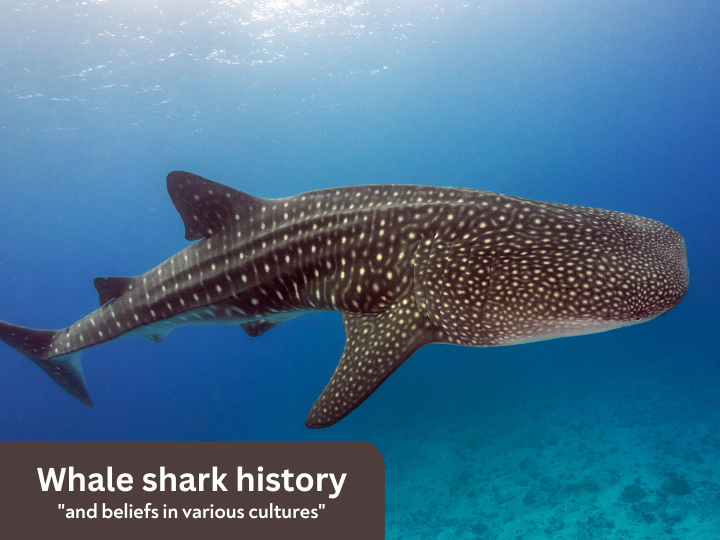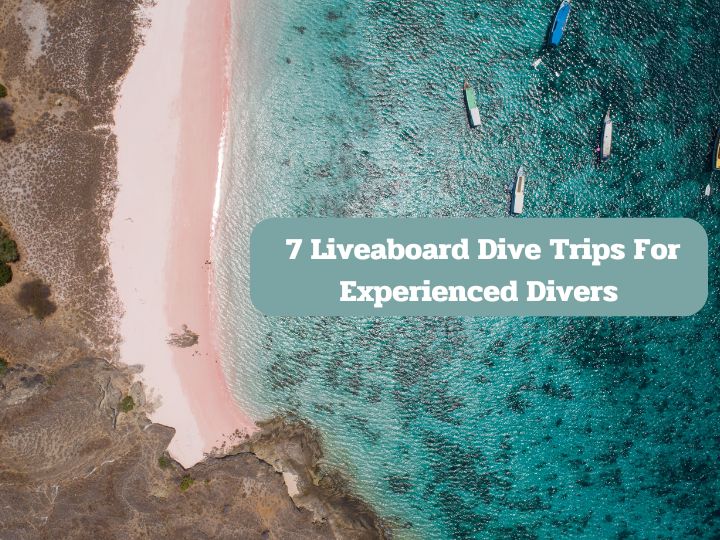
7 Liveaboard Dive Trips for Experienced Divers
Liveaboard diving is a unique adventure for experienced divers. This article will introduce you to the 7 best diving destinations in the world, providing you with an unforgettable experience.

1. Galápagos Islands, Ecuador
Diving in the Galápagos Islands
The Galápagos Islands are one of the most famous diving destinations in the world. Divers can encounter a variety of marine life such as hammerhead sharks, whale sharks, and parrotfish. Darwin's Arch and Wolf Island are the most intriguing dive spots here.
Highlights: Hammerhead sharks, whale sharks, parrotfish
2. Maldives
Diving in the Maldives
The Maldives is an incredible diving destination with beautiful and diverse coral reefs, a multitude of fish, and crystal-clear waters. A must-visit dive spot is Hanifaru Bay, where you can witness large gatherings of manta rays.
Highlights: Manta rays, beautiful fish, stunning coral reefs
3. Raja Ampat, Indonesia
Diving in Raja Ampat
Raja Ampat is a diver's paradise with the highest marine biodiversity in the world. The coral reefs here are home to numerous marine species, including the rare and beautiful frogfish.
Highlights: Frogfish, coral reefs, marine biodiversity
4. Solomon Islands
Diving in the Solomon Islands
The Solomon Islands are known for their pristine and natural dive sites, including World War II shipwrecks and abundant coral reefs.
Highlights: Shipwrecks, rich coral reefs, natural diving
5. Palawan, Philippines
Diving in Palawan
Palawan is one of the most beautiful diving spots in the world with clear waters, colorful corals, and diverse marine life. It's a must-visit destination for divers.
Highlights: Colorful corals, clear waters, diverse marine life
6. Si Chang Island, Thailand
Diving at Si Chang Island
Si Chang Island is an excellent diving destination in Thailand with beautiful coral reefs and abundant marine life. Divers can often encounter large white sharks here.
Highlights: Large white sharks, beautiful coral reefs, diverse marine life
7. Caribbean Islands
Diving in the Caribbean Islands
The Caribbean Islands are a world-renowned diving destination with crystal-clear waters and vibrant corals. There are diverse diving spots suitable for divers of all levels.
Highlights: Crystal-clear waters, vibrant corals, diverse diving spots

Preparing for a Liveaboard Dive Trip
1. Preparing Diving Equipment
Divers should have complete and ready diving equipment such as masks, fins, and wetsuits. Additionally, they should ensure that their equipment is in good condition.
2. Physical Preparation
Diving is an activity that requires energy. Divers should prepare their bodies to be strong and ready for the adventure. A health check-up before the trip is also recommended.
3. Travel Planning
A Liveaboard trip often takes several days. Advanced planning and preparation, such as booking flights, accommodation, and travel insurance, are essential.

Post-Dive Recommendations
1. Avoid Flying Immediately
After diving, divers should wait at least 24 hours before flying to prevent decompression sickness due to changes in air pressure.
2. Stay Hydrated
Diving can cause dehydration. Drinking plenty of water helps the body recover faster.
3. Avoid Alcohol Consumption
After diving, it's advisable to avoid alcohol as it can slow down the body's recovery and increase the risk of decompression sickness.

Diving Techniques for Experienced Divers
1. Buoyancy Control
Buoyancy control is crucial in diving. Experienced divers should be able to adjust their buoyancy accurately to avoid collisions with corals or marine life.
2. Using Hand Signals
In diving, using hand signals is an important communication method. Divers should learn and practice using hand signals correctly.
3. Emergency Situations Management
Experienced divers should have the knowledge and skills to manage emergency situations, such as assisting other divers or resolving equipment issues.

Tips for Choosing a Liveaboard
1. Choose a Reputable Liveaboard
Choosing a reputable Liveaboard ensures a safe and high-quality diving experience.
2. Check Cleanliness and Safety
Divers should check the cleanliness and safety of the boat before booking, including the availability of safety equipment and general cleanliness.
3. Check the Diving Route
Divers should check the diving routes offered by the Liveaboard to ensure they dive in the desired locations suitable for their skill level.
